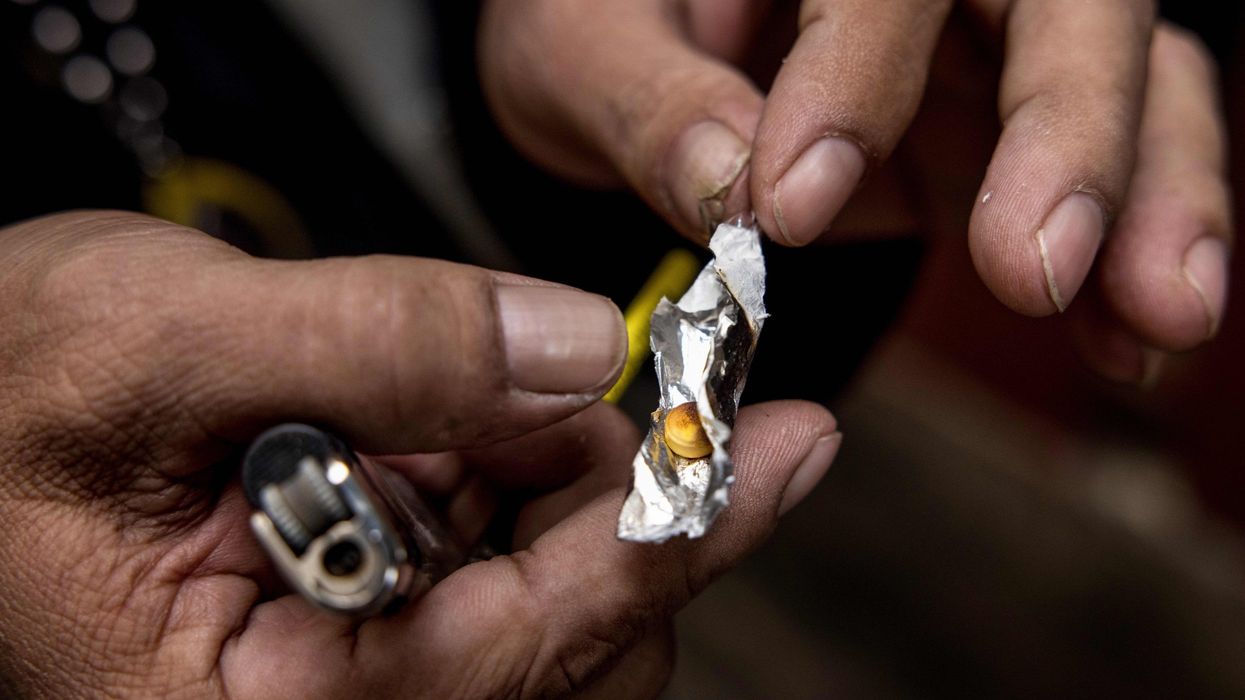BANGLADESH faces a new threat from narco-terrorism as drug smugglers have changed their route to import popular narcotic Yaba from Myanmar through northeast India, according to a report by security and intelligence organisations.
The new routes involve transporting Yaba tablets from Myanmar through Tripura, Mizoram, and Assam into Bangladesh.
Islamic student organisations, which are facing pressure within Bangladesh, have been involved in the smuggling route and security forces fear the money they earn from drug smuggling could be used to fund terrorist activities later.
Yaba is a combination of caffeine and crystal meth, in tablet form, which is popular among party drug users in the subcontinent.
Both Bangladesh and India are popular destinations for the drug.
Recent intelligence inputs indicate the participation of Islamic student organisations near Kailashahar in smuggling and trafficking of Yaba tablets in the state.
Activities have also been observed around Khubjar Mosque in Kailashar, the intelligence report said. Kailashahar is the district headquarters of Unakoti and borders Bangladesh
Security agencies are probing links of proceeds with the "financing of anti-national activities".
Sources said while the target market for Yaba tablets remained Bangladesh, that and other drugs - such as brown sugar - are now being sold in northeast India; they are also being transhipped to mainland India.
Smuggling of codeine-based cough syrup (CBCS) has also increased in recent months and one financier is believed running a major syndicate out of Siliguri in north Bengal.
The addictive codeine syrup is popular with Bangladeshi youth who use it as a substitute for alcoholic beverages, which are banned there.




